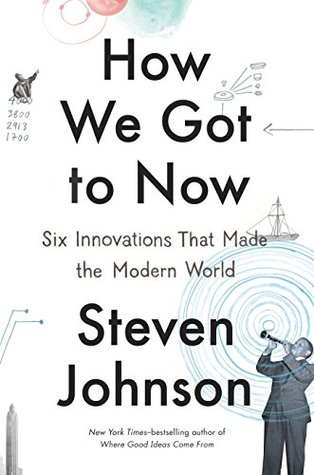Galileo was daydreaming about time and rhythm shouldn’t surprise us: his father was a music theorist and played the lute. In the middle of the sixteenth century, playing music would have been one of the most temporally precise activities in everyday culture. (The musical term “tempo” comes from the Italian word for time.) But machines that could keep a reliable beat didn’t exist in Galileo’s age; the metronome wouldn’t be invented for another few centuries. So watching the altar lamp sway back and forth with such regularity planted the seed of an idea in Galileo’s young mind. As
Welcome back. Just a moment while we sign you in to your Goodreads account.


